The Future of the Internet
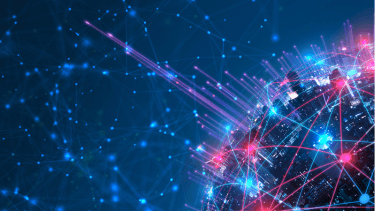
Sponsored by
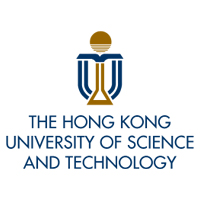
Sponsored by

The past decade has seen flourishing innovations in information technology. Among them are the metaverse, which is set to open up next-generation digital experience, and Web 3.0, which some see as “the new internet” that will bring a sea change to how businesses are conducted and how society functions in general.
At HKUST, we dare to experiment with revolutionary concepts about the web. We make use of both our own campus and the outside market as living labs to explore the uncharted waters of the virtual world with an aim of creating a positive impact on real life.
World’s first Metaverse campus to enhance learning experience
One pioneering initiative is the creation of a digital campus and innovative virtual pedagogy. HKUST will open the world’s first physical-digital twin campuses in the metaverse. Under the MetaHKUST project, a mixed virtual reality classroom (MetaClassroom) will enable students from our two campuses in Hong Kong and Guangzhou to attend the same lecture at the same time in two paralleled physical spaces. The application of extended reality technology will foster cross-campus communication and interaction between students and faculty, while the creation and application of 3D content will break the limits of traditional education.
The MetaClassroom makes use of pioneering AR and VR systems developed by the HKUST-DT Systems and Media Laboratory. These include Ubii (‘Ubiquitous interface and interaction’), which enables users to perform tasks via simple hand gestures, by pairing an augmented user interface with physical objects, and CloudAR, a development toolkit that integrates a variety of technologies from computation offloading and object tracking to hand gesture/face recognition.
With Prof. Pan HUI, Chair Professor of Computational Media and Arts and Director of the Center for Metaverse and Computational Creativity, serving as the technical leader and driving force behind the project, both HKUST and HKUST(GZ) are gearing up not just for the MetaClassroom, but also for a whole new metaverse ecosystem.
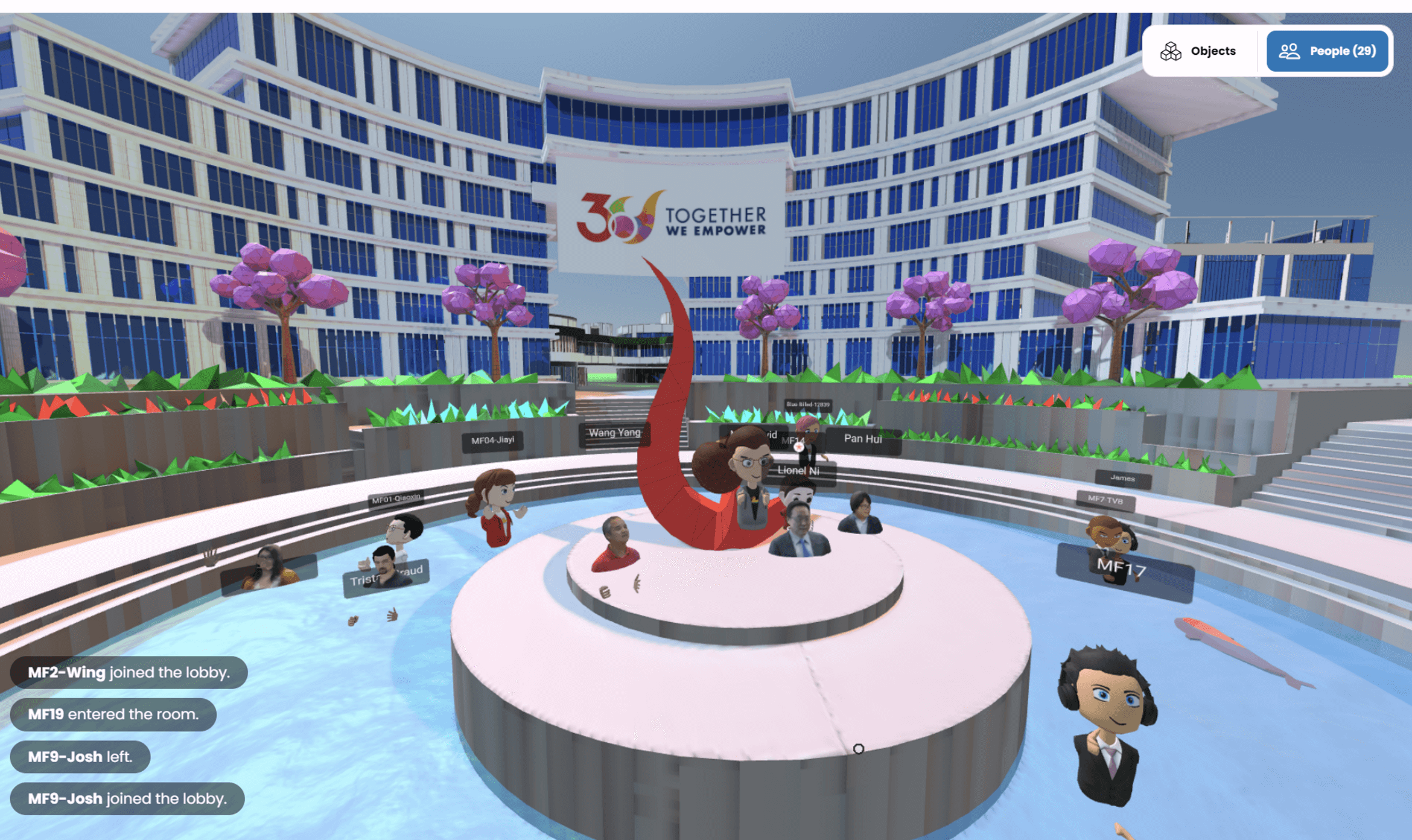
The MetaClassroom makes use of pioneering AR and VR systems developed by the HKUST-DT Systems and Media Laboratory.
After it is established, the two Universities’ members will be able to generate contents such as their own avatars, NFTs, tokens or virtual art works for the virtual world. Exchange of information and administrative procedures will become more convenient, such that blockchain-secured diplomas or transcripts may be awarded in the forms of NFTs.
As a prelude to this long-term project, we have in 2020 launched the “Blockcerts” platform – a blockchain-based degree authentication system that is the first of its kind in Hong Kong. HKUST graduates can now receive cryptographically signed and tamper-proof e-versions of their graduation diploma certificates and transcripts, which employers can verify in just a few simple steps online. This helps tackle the problem of fake diplomas while promoting a paperless and sustainable campus.
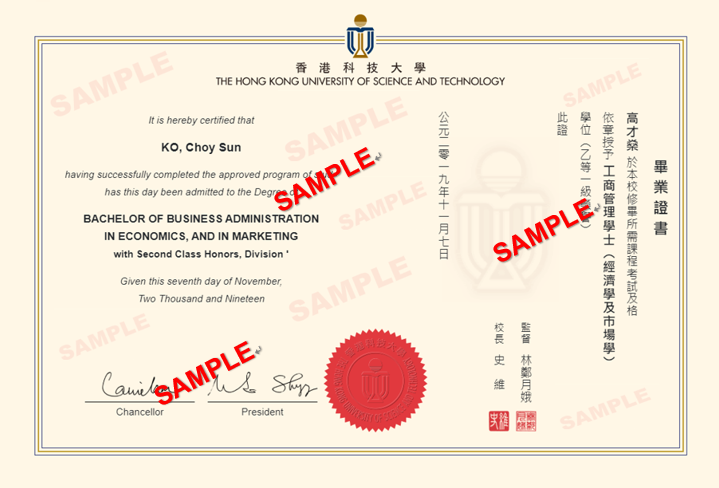
Users of “Blockcerts” can download or directly view the e-diploma after verification
New platform for fintech at the fingertips
While the University puts innovations into practice, it also coordinates academic-industry collaboration and encourages students to apply their futuristic ideas in the market. The rapid growth of financial technology in recent years has created numerous opportunities in this regard.
The Crypto-Fintech Lab, founded by Prof. WANG Yang in 2019 and currently headed by Prof. Kani CHEN, aims to propel advancements in fintech. One of the projects it has incubated is Furion, an NFT liquidity platform that breaks NFTs into fungible pieces to promote NFT’s utilization.
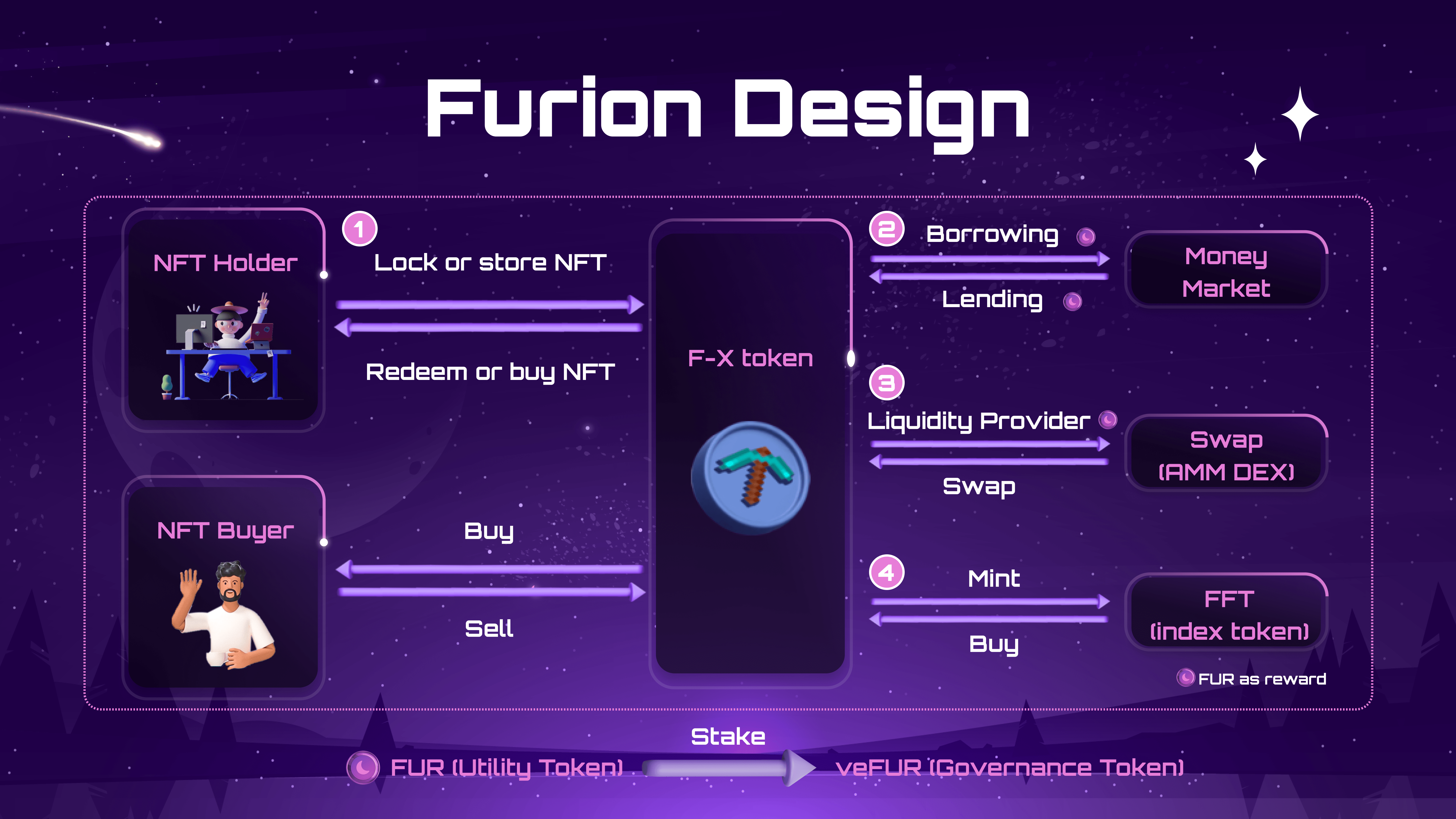
Project Furion aims to create a new NFT ecosystem that is easily accessible and user-friendly.
The current NFT market has high barriers for borrowing and lending and low liquidity. Furion was designed to help overcome the challenge by a series of solutions including fractionalization, that is to divide NFTs into smaller units.
By lowering the entry barrier of investment, more people will be able to participate in NFT trade. The team behind the project, which comprises 11 core members who are all students or recent graduates of HKUST, is collaborating with NFT communities to set up specific standards for the smaller unit, with the goal of its full recognition in the market.
The project is supported by multiple venture capital firms. In addition to fractionalization, the platform will also offer other features including borrowing, lending, and swapping, and token farming, which allows users to earn rewards or interests by depositing their cryptocurrency into a pool with other users. All transactions on Furion are executed on blockchain via smart contracts, executed autonomously and automatically with terms stored in a publicly accessible database that ensures transparency.
The ultimate goal is to create a new NFT ecosystem that is easily accessible and user-friendly.
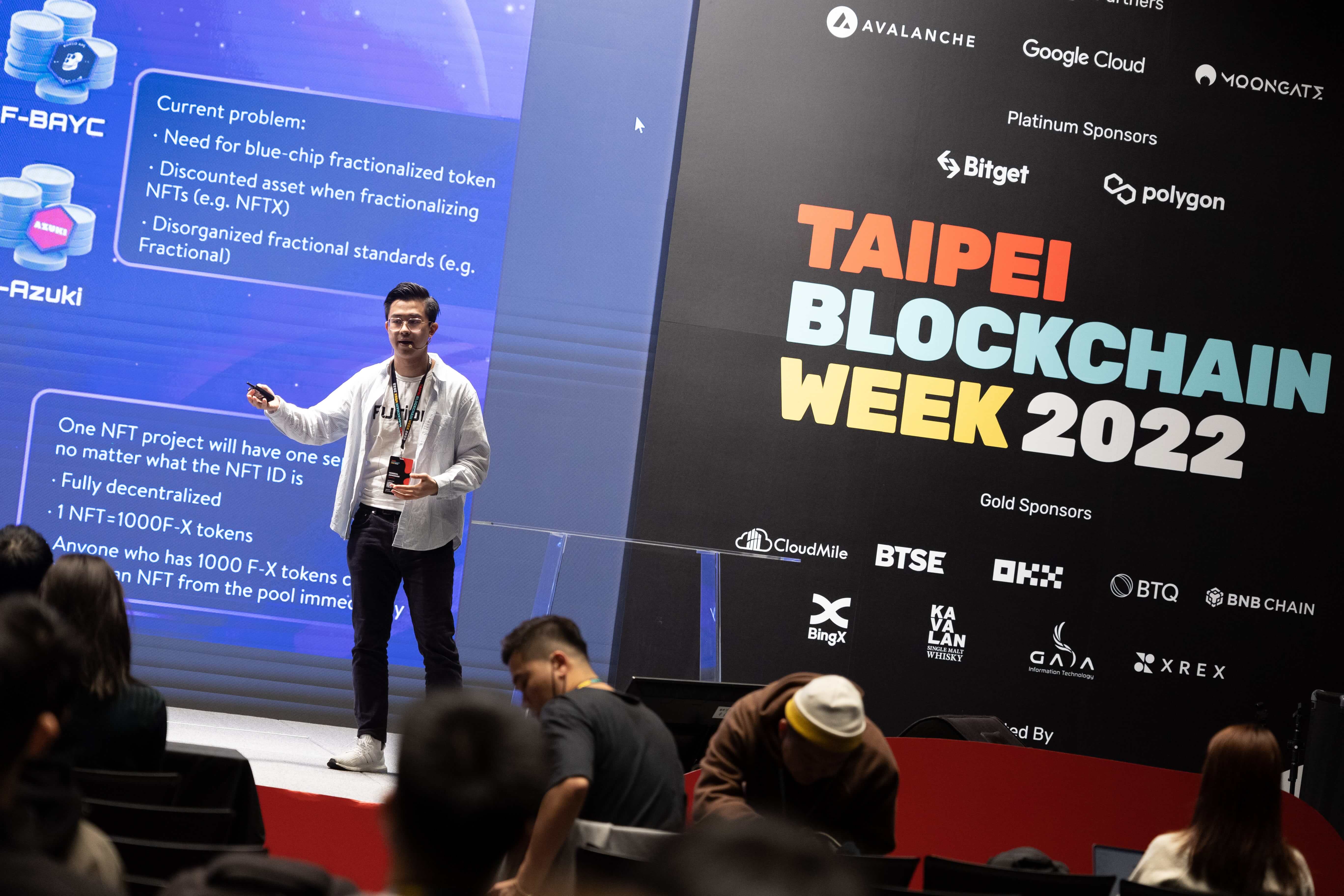
HKUST Business School graduate and CryptoFintech Lab member Timmy KUNG presents the idea behind Project Furion at Taipei Blockchain Week 2022.